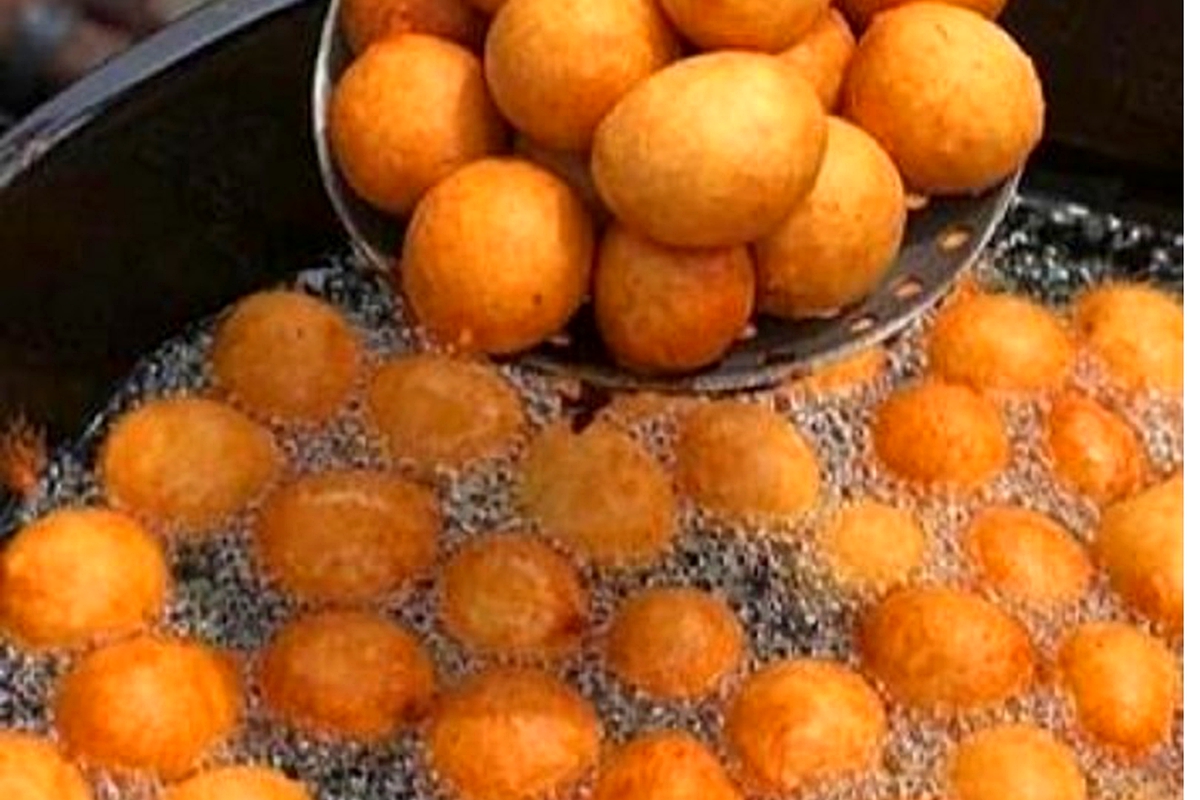MY customers complain that I keep raising the prices of fat cakes, fish and chips, says Maipato Lehoko, one of the fast-food retailers in Butha-Buthe.
business
April 13, 2022
KABELO MASOABI
3 min read
Basotho face diet change

Locally cooked fat cakes
Story highlights
“I have no choice because if I don’t raise prices I’d be out of business," she adds.
In January, Ms Lehoko says a 20-litre gallon of vegetable oil cost about M400 at the local cash-and-carry but today the price is closer to M950 for the same brand she uses.
Her story echoes the skyrocketing fuel and food prices experienced by many consumers nationwide.
For the past three months, restaurants and other food retailers in Lesotho have not been spared the immense pressure of ever rising food prices globally including the heavy cost of cooking oil.
Food prices have shot up to near record-highs in January and experts have warned that recent increases in cooking oil prices are likely to push food prices to all-time highs in months to come.
The repercussions of Russia and Ukraine war have seen a ripple effect on the cost of Ukraine’s exports, a major supplier of oilseed products to various countries including South Africa, Lesotho’s largest trade partner.
The war has also seen an interruption of Ukraine’s planting season in March and April that is expected to result in a poor harvest later this year.
Ms Lehoko said she would not be surprised if cooking oil was rationed by suppliers in the coming months.
“Maybe buyers might be limited to two drums each as other European countries are already experiencing shortages,” she said.
“Home cooking may cope with higher prices by changing diet and cooking methods or trading down to cheaper generic and store brand food labels. Otherwise, restaurants and food companies can’t avoid the use of huge quantities and quality of cooking oil, which will add pressure to the rising costs.”
Other indicators show that consumers should expect a large impact on inflation as a result of the food cost.
Lesotho imports the bulk of its goods from South Africa with food insecurity further exacerbating the food prices that should remain high in the short and medium terms.
Elsewhere, South Africa expects consumers to see an increase of between 40 and 55 percent of consumable oils on the shelf.
Enjoy our daily newsletter from today
Access exclusive newsletters, along with previews of new media releases.
Reports indicate that South African brands such as sunflower and canola oil made from oilseed imported from the war-torn Ukraine will see a further massive price hike in as little as the next 30 days.
Already, Lesotho consumers are paying up to M120 for some of the cheapest cooking oil brands that come in two litres.
Analyst Gary Lewis of oil importer KTC Edibles says the Ukrainian and Russia war has trapped millions of tons of sunflower oil earmarked for foreign buyers, causing a major supply shock.
“We had a situation where the market couldn’t offer because supplies weren’t coming from Ukraine into the EU and being processed or from Ukraine to other countries around the world,” he said.
"Ukraine and Russia account for about 60 percent of world production of sunflower oil and the conflict has hit supplies hard."
Tailored for you






